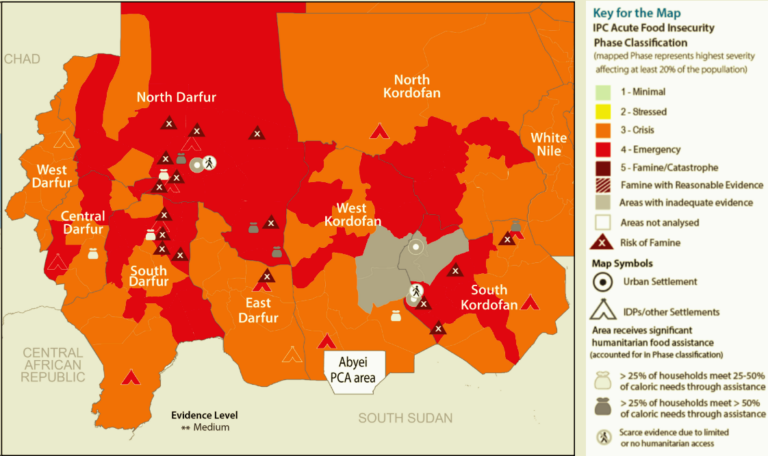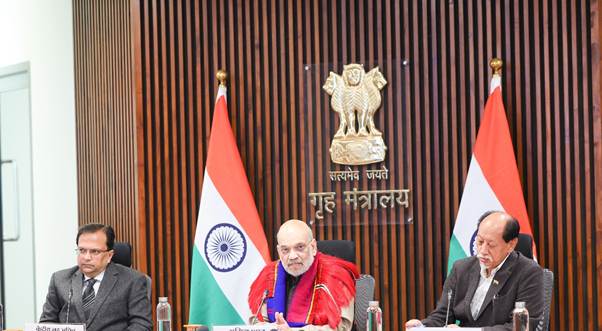
Revised proposal expected in May
Geneva: At a meeting of the Council for Trade-Related Aspects of Intellectual Property Rights (TRIPS) on April 30, 2021, World Trade Organisation (WTO) members agreed to continue consideration of the proposal for a temporary waiver of certain TRIPS obligations in response to COVID-19 and tasked the chair to report to the General Council on this decision at its next meeting on May 5-6. Co-sponsors of the proposal announced they will submit a revised version of the text initially submitted in October 2020 in a bid to reconcile positions.
The proposal – ‘Waiver from certain provisions of the the TRIPS Agreement for the prevention, containment and treatment of COVID-19′ – was initially submitted by South Africa and India and has since been co-sponsored by Kenya, Eswatini, Mozambique, Pakistan, Bolivia, Venezuela, Mongolia, Zimbabwe, Egypt, the African Group, the Least Developed Countries (LDC) Group, and most recently Maldives, Fiji and Namibia – a total of 60 WTO members.
The document calls for a waiver for all WTO members of certain provisions of the TRIPS Agreement in relation to the “prevention, containment or treatment” of COVID-19. According to the proponents, the objective is to avoid barriers to the timely access to affordable medical products including vaccines and medicines or to scaling-up of research, development, manufacturing, and supply of essential medical products.
The waiver would cover obligations in four sections of the TRIPS Agreement — Section 1 on copyright and related rights, Section 4 on industrial designs, Section 5 on patents and Section 7 on the protection of undisclosed information. It would last for a specific number of years, to be agreed by the General Council, or until widespread vaccination is in place globally and the majority of the world’s population is immune. Members would review the waiver annually until termination.
Co-sponsors said they are engaging with other members to receive feedback on possible changes to the proposal with the objective of advancing the discussion. They would then discuss and finalize a revised text with a view to circulating it in May. They requested the chair of the TRIPS Council, Ambassador Dagfinn Sørli of Norway, to consider holding a meeting open to all members in the second half of May to discuss the revised proposal before the formal TRIPS Council meeting scheduled for early June. The chair noted there is reason for some careful optimism after the latest exchanges.
The exchanges among members indicated they remain divided on the fundamental discussion about the impact of IP protection in ensuring rapid and safe access to vaccines and other medical products. Co-sponsors were of the view that the current challenges posed by the pandemic can only be effectively addressed by waiving certain TRIPS obligations. A number of delegations remained unconvinced about the necessity for a waiver at the international level, with some members arguing that a waiver might be counterproductive and undermine ongoing collaborative efforts.
Members also reiterated known positions regarding the role of voluntary licensing in scaling up production of vaccines, and the application of existing TRIPS flexibilities in domestic situations of vaccine shortages in the pandemic. The co-sponsors reiterated their suggestion of engaging in text-based discussions. This was not supported by members opposing the IP waiver.
A number of delegations also requested the WTO Secretariat to compile data on existing and future voluntary licence agreements, and on the projected and actual production of vaccine doses produced by such arrangements over time. As a matter of priority, the Secretariat will engage in internal consultation to assess what reliable data sources are available and what could be provided to members regarding enhanced production and agreements for the production of vaccines.
The chair said that although significant differences remain, there is willingness on all sides to find a constructive consensual approach to the various questions raised as part of this discussion. He added that without a minimum of common understanding of the nature of the challenge, it is difficult to see how a consensual approach to the waiver request could be established.
– global bihari bureau





